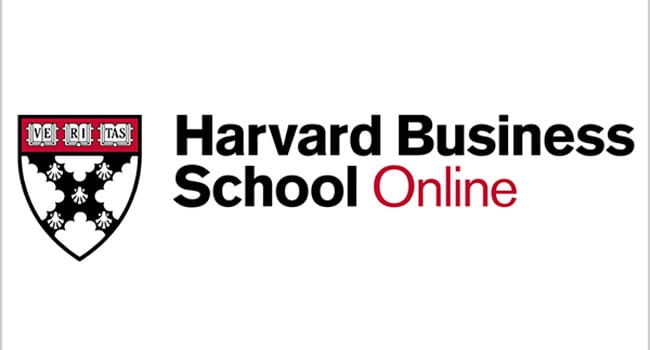 The world is changing very quickly and most of us can’t keep up.
The world is changing very quickly and most of us can’t keep up.
Jobs that always were there (think taxi drivers) are fast disappearing. Pre-digital teachers, parents and grandparents are learning from children rather than teaching them. Ideas we’ve long held are no longer valid.
Take university for example.
We can look at going to university in two ways: as a consumer good and as an investment.
A consumer good is something you enjoy for its own sake. If your first impression of university comes from old frat house movies, university is four years of fun, parties and a great social life before you have to enter the adult world of work.
Before the baby boom generation – even though fees were still relatively low – almost the only people who went to university were those whose parents could afford to send them. This made university more than just a consumer good. Because college graduates were few, it was easy for them to get good jobs on graduation. The time and money spent were a good investments.
By the time the baby boomers were reaching university age, everything had changed. Unless you were in an applied field like nursing or engineering, a degree no longer had scarcity value. Over half the people who finished high school went on to some post-secondary education. Going to university might not get you any job, let alone a good one.
Also, university had become much more expensive. But the larger number of people enrolling meant students weren’t only the children of the rich. To be able to afford to attend, many students had to borrow extensively.
Finishing without good job prospects and with very serious debt makes university a rather poor investment.
Apart from their value on the job market, universities have been seen as great places to learn just for the sake of learning, to revel in the exchange of ideas, and to think, speak and debate freely. Alas, that’s no longer the case on too many campuses.
Whether it’s on politics, economics, gender or reproduction, certain groups are so sure they’re right that they push the legal boundaries and even go beyond to make sure no other views can be expressed by students, faculty or even guest speakers. By trying to protect the rights of some, others are mistreated and even bullied to the extent they feel forced off campus.
So going to university may no longer be fun or guarantee a career – and it’s still expensive.
But remaining uneducated isn’t a good idea. In the 21st century, everyone who wants to have a successful career is better off with far more than just high school education.
What’s one to do?
There is a way to acquire the skills, training and even abstract learning you need or want without having to spend time or money on campus. Not surprisingly, it’s an Internet solution called MOOC (massive open online course).
MOOCs are available on almost every subject and level. They’re often free. Many are provided by world-class institutions such as Harvard or the Technion in Israel. Anyone who has an Internet connection can enrol.
Poor people in less developed countries now have access to the best education there is. So do people in richer countries whose campuses are no longer the bastions of free speech and free ideas they once were.
There are some disadvantages to MOOC learning. It requires what one writer called bum glue – you have to sit in front of your computer and do the work. You’re also much less likely to meet friends or your life partner than you would be on campus.
There are compensating advantages. MOOCs are much less expensive. You can work part time or even keep your day job. You won’t have to go into debt.
The biggest cost of a obtaining a university degree as a full-time student is the money you could have been made if you hadn’t been studying.
But taking MOOCs, you can choose exactly what courses to take and what you want to study, hopefully after checking to see what good companies are looking for when they hire. And you can do it when it suits you.
Good employers are more interested in what you can do than whether you have a generic degree. They’re also impressed with the work ethic demonstrated by those who have learned on their own.
University campuses are not as free as they used to be but MOOCs have given learners much more freedom. Let’s take advantage of it.
Troy Media columnist Roslyn Kunin is a consulting economist and speaker.
The views, opinions and positions expressed by columnists and contributors are the author’s alone. They do not inherently or expressly reflect the views, opinions and/or positions of our publication.


